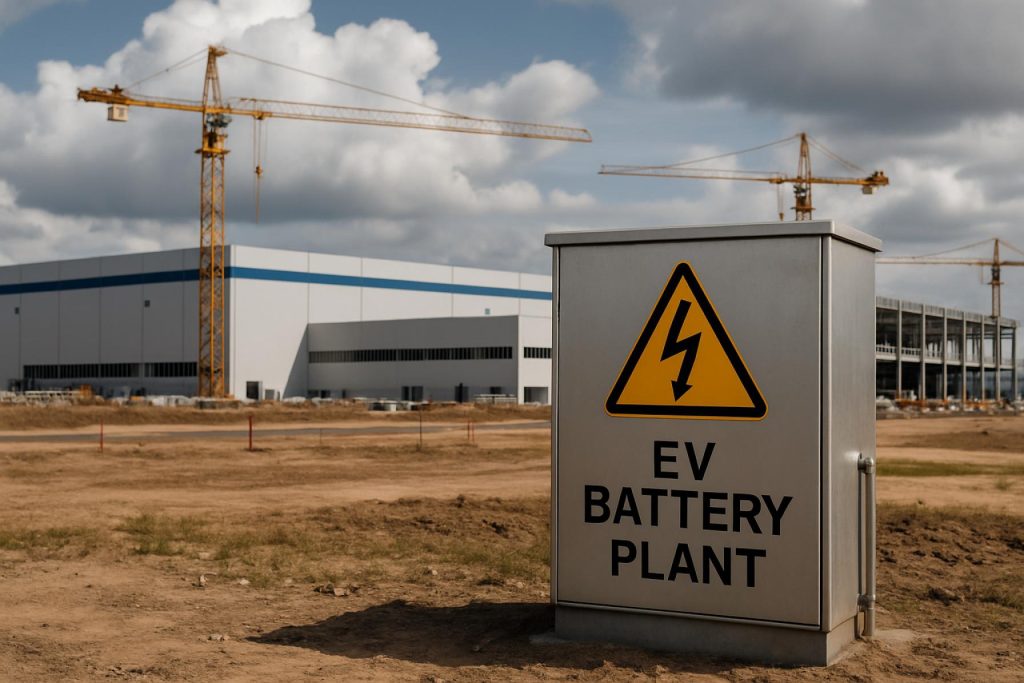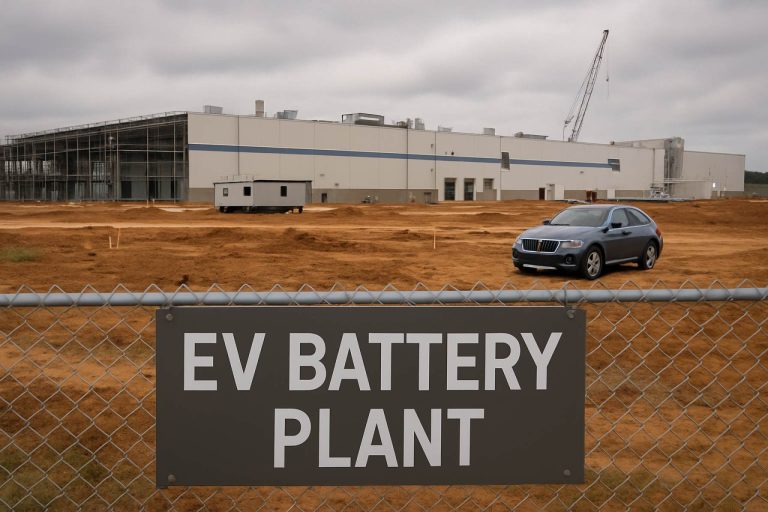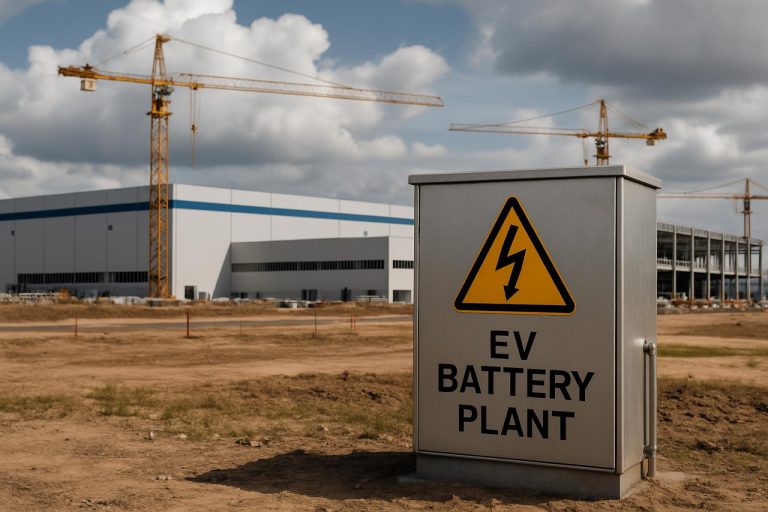
Major EV Battery Factory in South Carolina Stalls—What’s Next for BMW and 1,600 Promised Jobs?
South Carolina’s $1B EV battery factory construction shockingly halted by AESC, threatening BMW supply and hundreds of local jobs.
- $1 Billion invested so far in the Florence, SC facility
- 1,600 jobs pledged once the plant is operational
- $1.6 Billion total planned investment by AESC
- Supplier for BMW’s key Spartanburg operations
A major shake-up has jolted the electric vehicle (EV) market in South Carolina. Global battery maker AESC has abruptly hit the brakes on its massive Florence County EV battery gigafactory—a project that has already soaked up over $1 billion and was slated to turbocharge the region’s economy.
AESC’s unexpected pause is sending shockwaves through the state, threatening the future of 1,600 high-tech jobs and putting the spotlight on growing instability in the U.S. clean tech sector.
Why Did AESC Halt Construction?
Official statements are clear about one thing: uncertainty rules. The EV giant points directly to policy confusion and unpredictable market signals as the culprits behind the construction halt.
Recent turbulence in electric vehicle demand, shifting tax incentives, and evolving regulations have left investors searching for clarity. South Carolina state officials, meanwhile, remain hopeful that partners like BMW—whose sprawling plant in nearby Spartanburg relies on the success of this project—will still get the batteries they need.
How Will This Impact South Carolina’s Economy?
If completed, the Florence-based gigafactory promised more than rechargeable batteries. Its $1.6 billion investment was set to spark new roads, schools, and local businesses—fueling a job boom in a region eager for economic dynamism.
Now, the future is foggy. Local leaders and hundreds of hopeful workers face tough questions about whether the jobs and economic jolt will materialize. For now, AESC insists its commitment to South Carolina remains strong, but no firm restart date exists.
Could This Signal a Broader EV Market Shift?
Industry insiders are watching closely. The pause comes as the entire U.S. EV sector navigates high interest rates, global supply chain drama, and warring political signals about green energy incentives. Automakers—like Tesla, Ford, and BMW—are all vying for steady, scalable battery supplies. Any slowdown risks rippling across the whole industry.
What’s Next? Will Construction Resume?
AESC remains optimistic, stating that construction could resume once the winds of policy and market certainty return. State and local officials are working overtime to provide reassurance. In the meantime, the partially built facility stands as a towering question mark—will it become the heart of South Carolina’s clean tech future, or a cautionary tale for EV dreams in 2025?
Stay tuned for updates as this story develops—your next vehicle could depend on it!
Checklist: What Local Residents and Job Seekers Should Know
- Stay in touch with county and state economic development offices for job announcements
- Follow updates from BMW and AESC for the latest on factory progress
- Monitor changing federal and state EV policies—these shape investment decisions
- Consider upskilling for clean tech careers—demand will return as the EV sector stabilizes
The future of South Carolina’s clean tech economy is on pause—watch for the next move!



